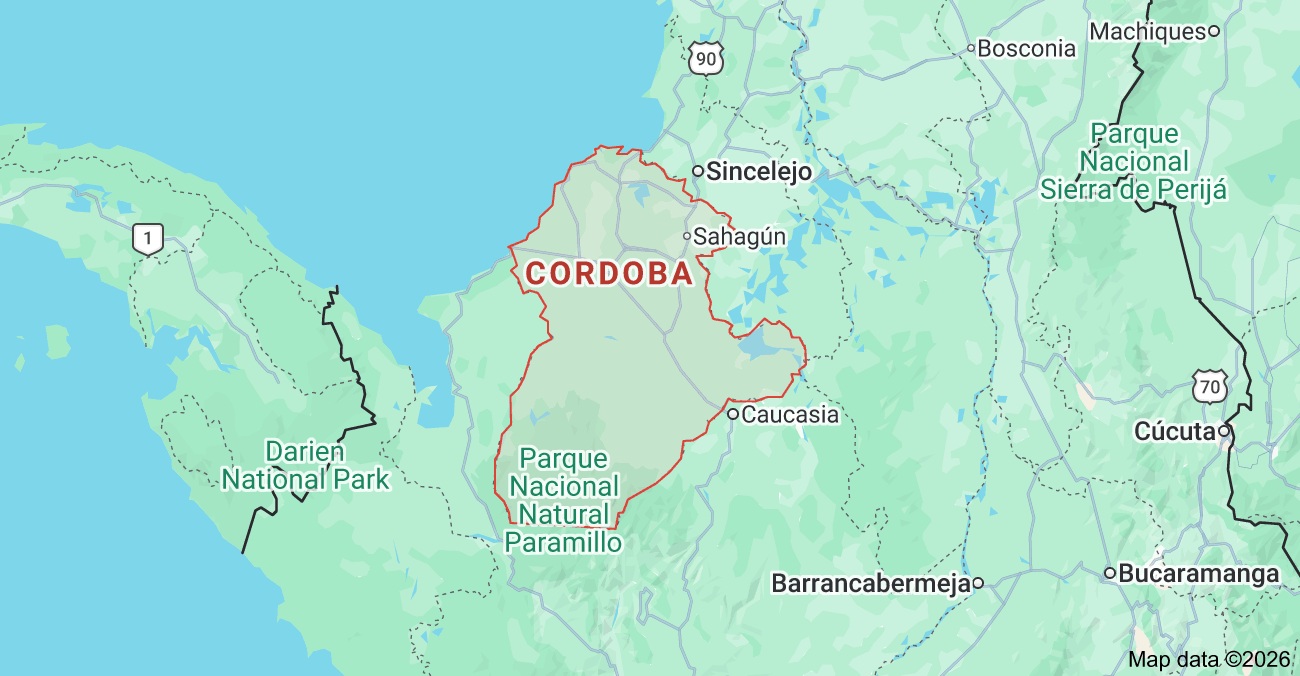Canadas place in Panama Papers

CORPORATE Canada increased spending in its ten favorite tax havens by 17 per cent in 2015, according to new figures on direct foreign investment released this week by Statistics Canada as the country’s exposure in the Panama Papers revelations takes hold. with more to come on May 8.
Canadians for Tax Fairness crunched the numbers and found that Canadian corporations invested almost $40 billion last year in the top 10 tax haven destinations for Canadian capital — taking investment totals since 1990 to $270.2 billion.
Barbados has been the top destination, attracting $79.9 billion in total while seeing its numbers climb 14 per cent in 2015.
Four other countries in Canada’s top 10 — Cayman Islands, Bermuda, Switzerland and Hong Kong — all saw year-over-year increases of at least 34 per cent last year.
“The money doesn’t just stay there, it goes on to somewhere else,” Dennis Howlett, the CEO of the Tax Fairness advocacy group, said in an interview with the Canadian Press (CP) news agency.
“But (corporations) route it through tax havens. The returns on the investments get booked in the tax havens so then companies don’t have to report it as profits in Canada.”
The direct foreign investment figures released Tuesday don’t include the billions of dollars that individual Canadians appear to have socked away offshore.
The Liberal government is working on measuring the “tax gap” — the amount of revenue lost to Ottawa through a variety of tax dodges, including offshore accounts.
The long-standing issue has been thrust into the international limelight again by the release of the Panama Papers, hat detail offshore accounts in the including, reportedly, hundreds held by Canadians.
Direct foreign investment routed through tax havens “may not be illegal tax evasion but it is most definitely related to tax avoidance, or minimizing taxes paid here in Canada,” said Howlett.
“So it does translate to much lower revenues for both federal and provincial governments.”
Canadians for Tax Fairness would like to see corporate tax rules tightened up, including requiring that any offshore subsidiaries be more than shell companies by proving they have staff and capital investments such as plants and equipment.
Since 2000, the federal corporate tax rate in Canada has been cut from 28 per cent to the current rate of 15 per cent.





